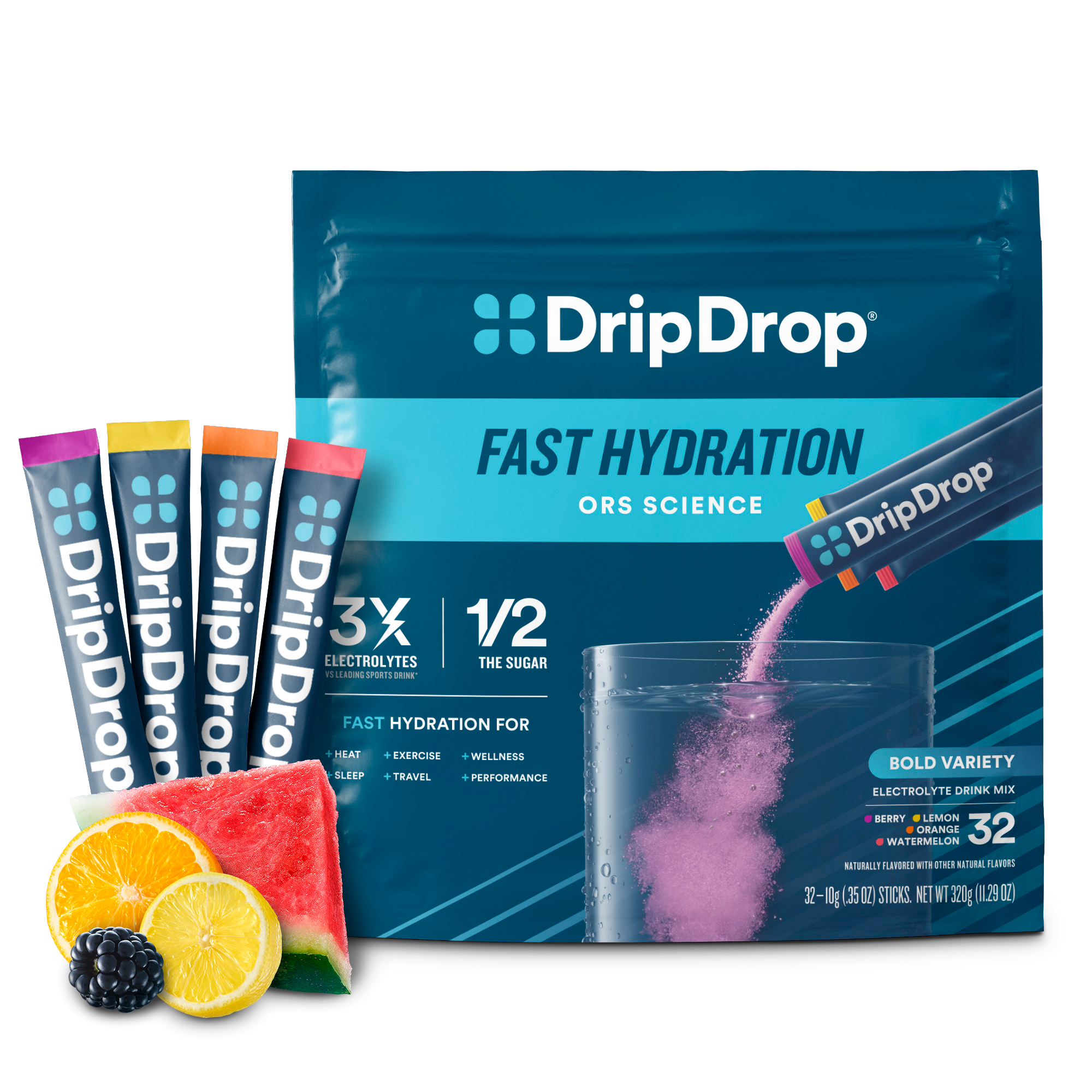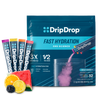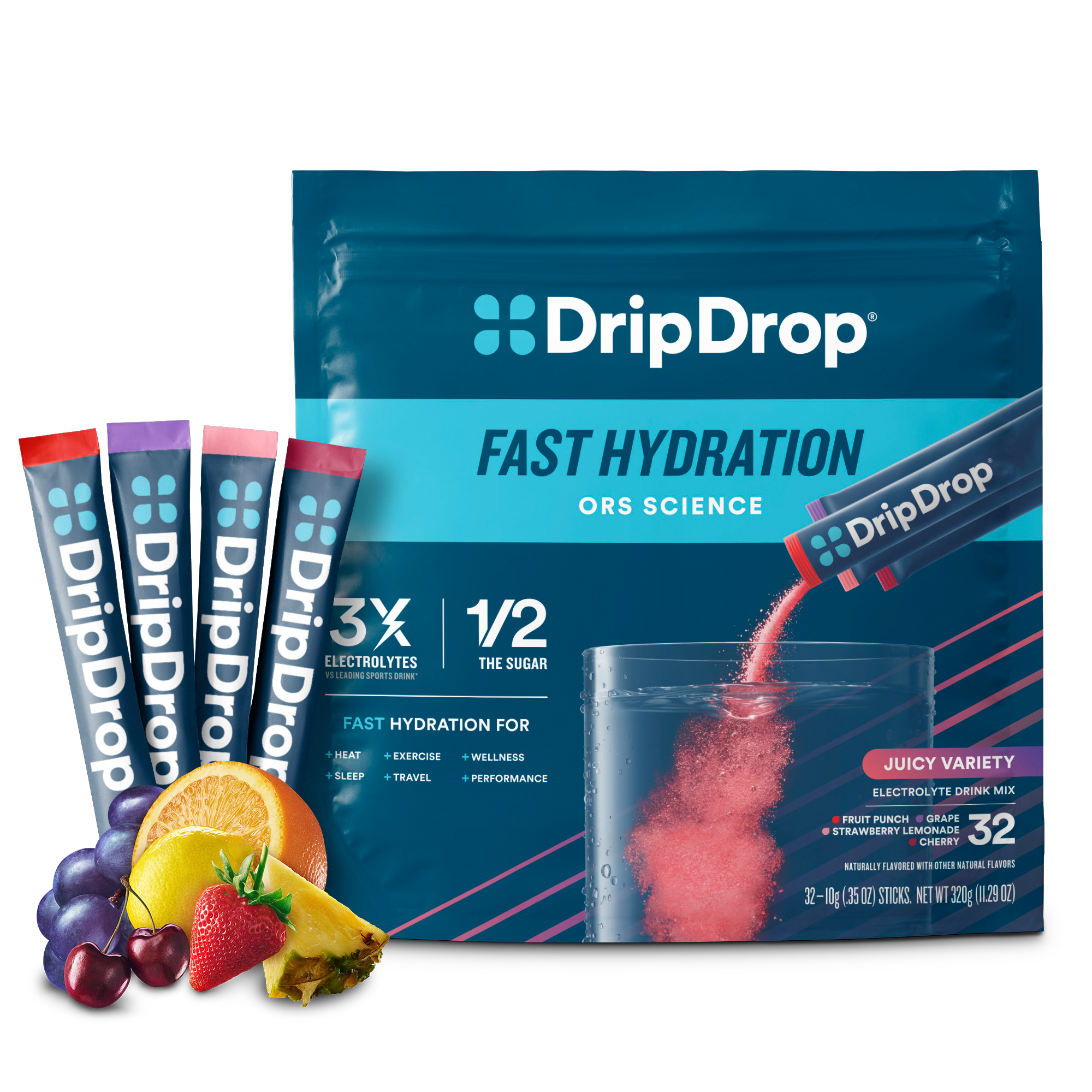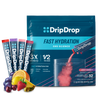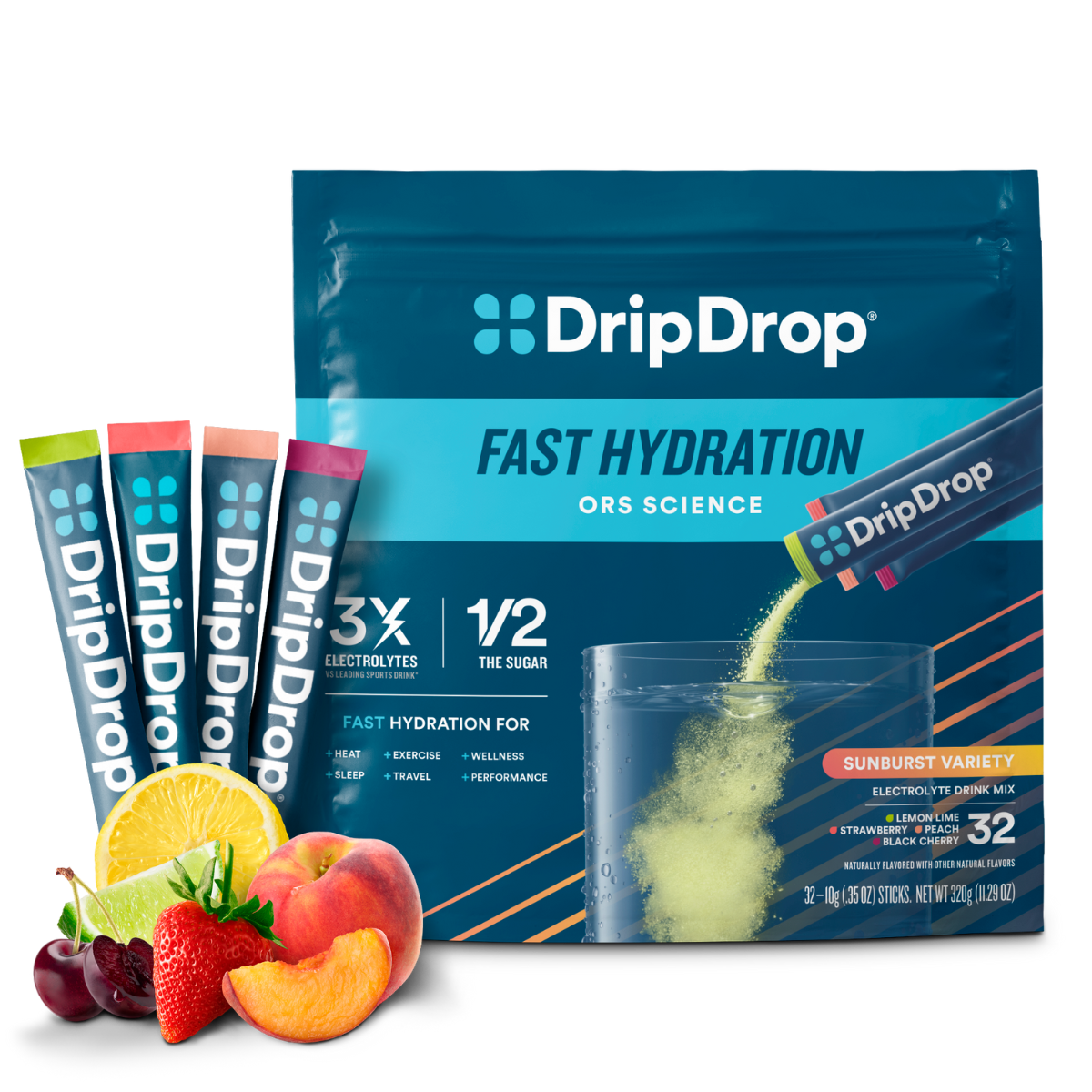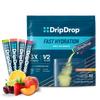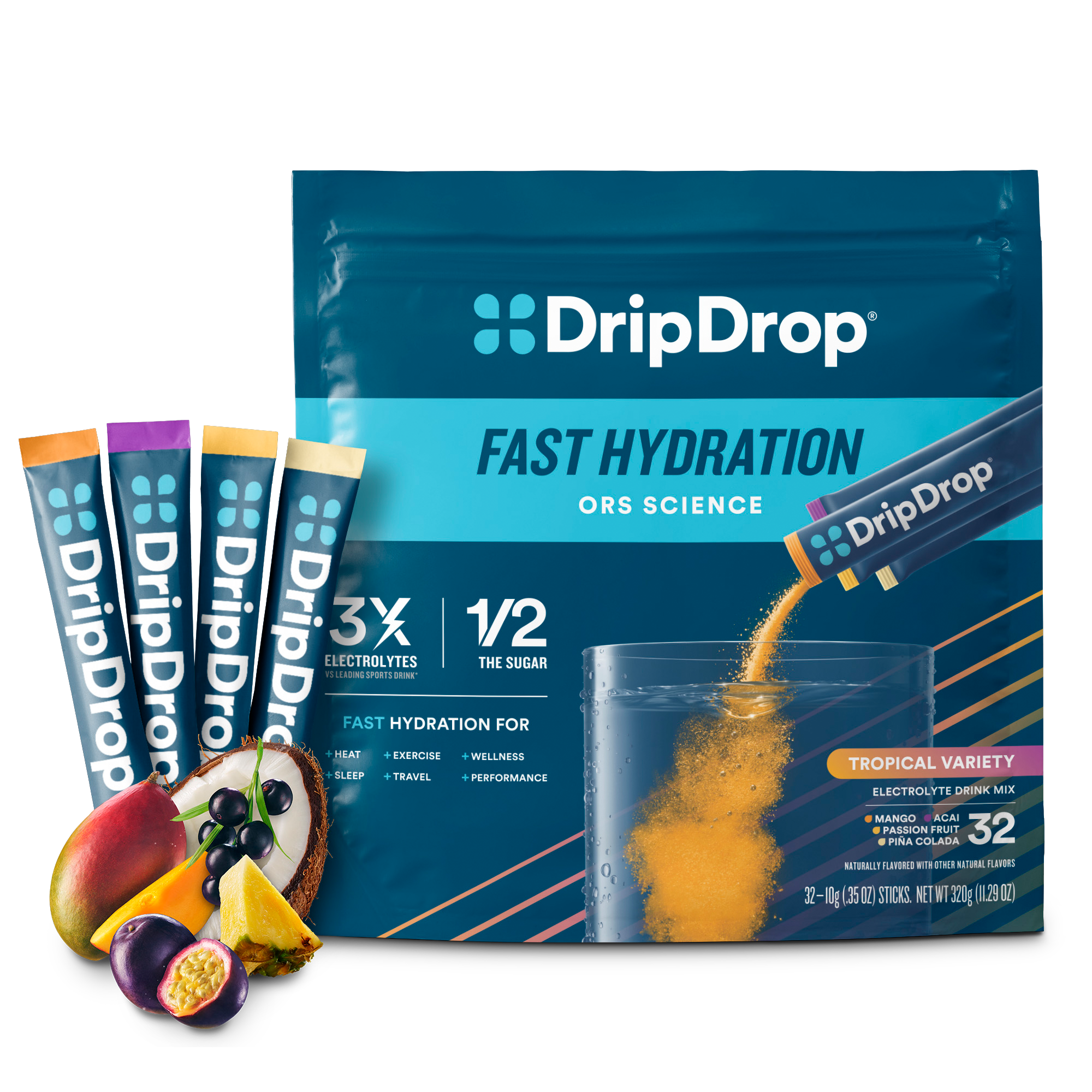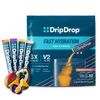Water is essential for life. The human body is made up of more than 60 percent water, and nearly 75 percent of the brain is comprised of H20. Without it, humans can’t survive more than a few days.
But is it possible to drink too much water?
In short, yes. Drinking too much water is possible, and although rare, it can be potentially life-threatening. Yet to develop water intoxication – or hyponatremia, as it’s known medically – you would have to consume an excessive amount of water in a short amount of time. But the condition is more complicated than overconsumption of water.
What Is Hyponatremia?
In the simplest terms, hyponatremia, or water intoxication, is an electrolyte imbalance. Normally, humans have between 135 and 145 mEq/L of sodium in the bloodstream. Sodium in the blood is extremely important, and when the blood is diluted with excessive water, the sodium dips dangerously low.
Here’s what happens: Drinking an excessive amount of water overwhelms the kidneys, which are unable to process the extra fluids quickly enough. Consequently, an excess of water builds up in the bloodstream. This excess water has nowhere to go, so it leaves the blood and moves into the cells. The result is swelling in the cells, which is extremely dangerous in the brain.
Common Causes of Water Intoxication
Excessive water consumption is one cause, although hyponatremia caused by overconsumption alone is fairly uncommon. For instance, in 2008, a California woman succumbed to water intoxication after participating in a radio-station sponsored water-drinking contest. She consumed roughly 6 liters of water over a three-hour period.
More commonly, though, hyponatremia is caused by the body’s normal depletion of fluids and electrolytes, coupled with the excretion of vasopressin, an antidiuretic hormone that is released during physical exercise. For this reason, the risk for hyponatremia is greater for marathon runners and triathletes.
Here’s why: The physical stress of a marathon causes vasopressin to be released, signaling the body to retain water. At the same time, electrolytes are being lost through sweat. Then, when an athlete drinks a large amount of water during or following a competition, that athlete is more likely to develop a net water gain. Thus, the balance of electrolytes and water in the bloodstream falls out of line. In fact, a 2002 study of Boston Marathon runners, found that 13 percent were suffering from hyponatremia, and other studies have found that up to one-third of endurance athletes may be subject to hyponatremia.
In severe cases, hyponatremia can be life-threatening. In the Boston Marathon study, for instance, just 6 athletes were experiencing critical hyponatremia.
Outside of endurance sports and overconsumption, the electrolyte imbalance can be caused by common risk factors for dehydration, like vomiting, diarrhea, excessive sweating, kidney and heart diseases, and some medications. In these cases, hyponatremia can be caused when fluids are replaced more quickly than electrolytes. The best method for preventing hyponatremia in these cases is drinking to thirst, or drinking roughly the same amount of fluids that are lost through sweat.
DripDrop is a medical hydration product that contains a balanced ratio of electrolytes. It is formulated to more closely match the fluids that are lost by sweating, diarrhea or vomiting. Sources:
- “Strange but True: Drinking Too Much Water Can Kill You” by Coco Ballantyne via Scientific American
- Rosner, M. H., & Kirven, J. (2007). Exercise-associated hyponatremia. Clinical Journal of the American Society of Nephrology, 2(1), 151-161.



